Online CEI training
An Introduction and Practical Guide to Community Engagement and Involvement in Global Health Research
This is a free online course on community engagement and involvement (CEI) in global health research.
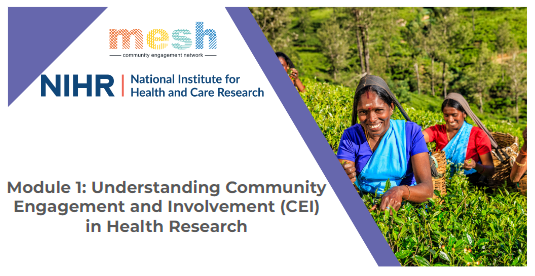 |
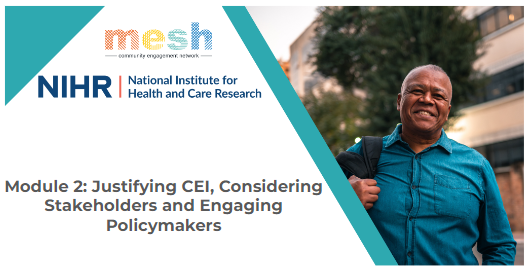 |
 |
 |
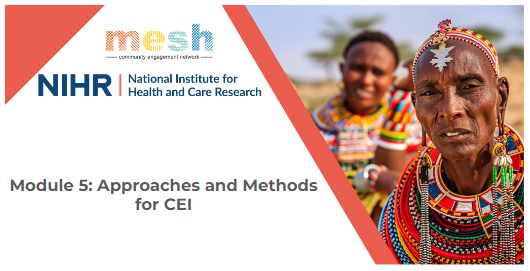 |
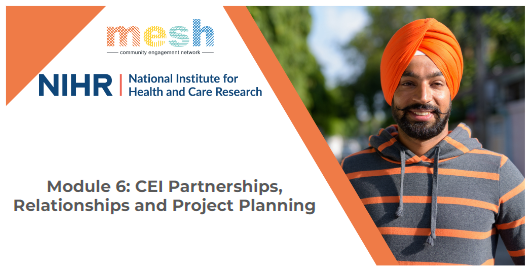 |
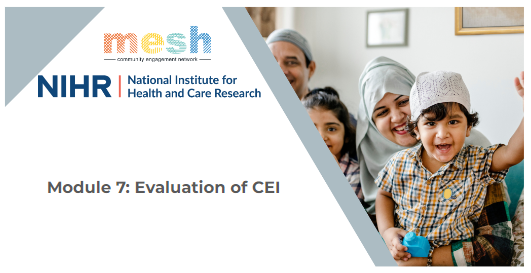 |
The aim of this course is to develop learners' understanding and knowledge of CEI, supporting their ability to plan and design ethical and impactful CEI in health research. For the purposes of this course, we use the term CEI to mean:
"An active involvement of the community throughout the research process, using participatory approaches and working in partnership with all key stakeholders. CEI includes a range of activities which involve interactions between researchers, community members and stakeholders, aimed at improving the relevance, value and conduct of health research."
In progressing through the modules, learners will gain a better understanding and appreciation of the terms used for CEI, the broad range of CEI aims and approaches, and the overall value of CEI. CEI is an essential and rewarding component of research, and, as the course authors, we hope that you enjoy learning about it through this course.
The 7 course modules have been authored and peer reviewed by specialists in the area of CEI.
Who is this course for?
This course is open to all with an interest in CEI in health research including:
- Early career CEI practitioners who want to learn about the theory and practice of CEI
- Experienced CEI practitioners who feel they want to affirm good practice
- Researchers with an interest in learning about CEI, or who want to start planning a CEI strategy
- Research funders and managers
- Learners in the Global North with an interest in patient and public involvement (PPI) and community engagement
Course learning outcomes
Learners completing this course will be able to:
- Explain how CEI is understood and applied in health research
- Identify why CEI is important
- Understand ethical principles that support CEI
- Describe different CEI methods and approaches, and have the tools to decide which approach is the most appropriate and effective for their context
- Plan for, and evaluate, CEI activities
How to use the course
The different modules of the course can be undertaken in any order. After successful completion of each end-of-module quiz, a certificate can be obtained. Alternatively, depending on your needs, you can select individual modules to complete.
Certification
An electronic certificate of completion can be obtained for each module once the corresponding module quiz is completed. You will need to score 80% or more to receive a certificate.
Support the community
Thank you for visiting The Global Health Network, please take a moment to read this important message. As you know, our aim is to enable equity in access to research knowledge and this is successfully delivering support and training to 1000’s of research teams all over the world. But we need your support!. If you have benefited from this research skills and knowledge sharing facility, please help us sustain this remarkable and unique provision of information for those who could otherwise not access such support and training. We would be really grateful if you could make a donation or ask your employer or organisation to contribute to the costs of maintaining this platform and the generation of new contents for all users. Just a small contribution from everyone who can afford to pay would keep this available for those who cannot. Thank you, we really appreciate your part in this community effort to better equity in global health research.
